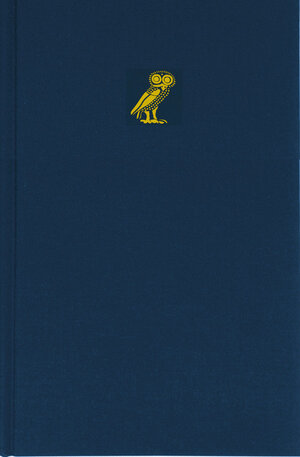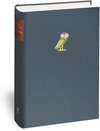
×
![Buchcover ISBN 9783465128359]()
Philosophen
Der Begriff „Zweite Natur“, der schon in der Antike Verwendung findet, nimmt in den philosophischen Debatten der Gegenwart eine Schlüsselstellung ein. Auch wenn er in verschiedenen Traditionszusammenhängen jeweils anders gedeutet wird, soll mit dem Begriff doch immer das Problem gelöst werden, wie sich Natur und Freiheit, kausale Notwendigkeit und menschlicher Geist zueinander verhalten. In der auf Marx zurückgehenden Tradition wird mit „Zweiter Natur“ in kritischer Absicht der historischen Umstand bezeichnet, dass sich die geschichtliche Entwicklung weiterhin ohne vernünftige Planung und daher wie ein blinder Naturprozess vollzieht; in der sich auf Hegel berufenden und an Aristoteles anschließenden Tradition wird mit „Zweiter Natur“ die Tatsache umrissen, dass sich viele unserer kognitiven und moralischen Verhaltensweisen als Resultate von Gewohnheitsbildungen verstehen lassen und daher so etwas wie eine künstliche Natur im Ganzen unserer Lebensweise darstellen; und schließlich wird in einer dritten, eher auf Nietzsche und Freud zurückgehenden Tradition mit dem Verweis auf unsere „Zweite Natur“ die Aufmerksamkeit darauf gelenkt, dass in das menschliche Verhalten immer auch Zwänge unserer biologischen Natur hineinragen und dieses daher wie von außen beeinflussen oder gar bestimmen. Der Kongress der Internationalen Hegel-Vereinigung vom 14. – 17. Juni 2017 in Stuttgart suchte zur Aufklärung des Verhältnisses dieser drei mit dem Begriff der „Zweiten Natur“ verknüpften Assoziationsfelder beizutragen. In elf Kolloquien, deren Beiträge dieser Band nun veröffentlicht, wurde im Lichte verschiedener Disziplinen diskutiert, wie die Beziehung zwischen menschlicher Freiheit und Natur angemessen aufzufassen ist; das Themenspektrum reichte dabei von historischen Auseinandersetzungen mit einzelnen Traditionen und Epochen bis zur Behandlung der Rolle der „Zweiten Natur“ in der Ästhetik, der Sozialphilosophie, der Psychoanalyse und der Anthropologie. Ergänzt wurde dieser thematische Bogen durch drei Plenarvorträge und einem Forum freier Kurzvorträge, auf dem NachwuchswissenschaftlerInnen ihre Überlegungen zur Fragestellung des Kongresses vorstellen konnten. Der Band bietet damit einen sowohl historischen wie systematischen Überblick über einen philosophischen Schlüsselbegriff der Gegenwart.
The term „second nature“, which has already been used in antiquity, occupies a key position in the philosophical debates of the present. Even if it is interpreted differently in different traditional contexts, the term is always intended to solve the problem of how nature and freedom, causal necessity and human spirit relate to each other. The Congress of the International Hegel Association sought to contribute to the elucidation of the relationship of the topics associated with the concept of „Second Nature“ in the light of various disciplines. The volume publishes the three plenary lectures and the contributions to the eleven colloquia as well as a young scholars' forum; the spectrum of topics ranges from historical confrontations with individual traditions and epochs to the treatment of the role of „Second Nature“ in aesthetics, social philosophy, psychoanalysis, and anthropology.
The term „second nature“, which has already been used in antiquity, occupies a key position in the philosophical debates of the present. Even if it is interpreted differently in different traditional contexts, the term is always intended to solve the problem of how nature and freedom, causal necessity and human spirit relate to each other. The Congress of the International Hegel Association sought to contribute to the elucidation of the relationship of the topics associated with the concept of „Second Nature“ in the light of various disciplines. The volume publishes the three plenary lectures and the contributions to the eleven colloquia as well as a young scholars' forum; the spectrum of topics ranges from historical confrontations with individual traditions and epochs to the treatment of the role of „Second Nature“ in aesthetics, social philosophy, psychoanalysis, and anthropology.



